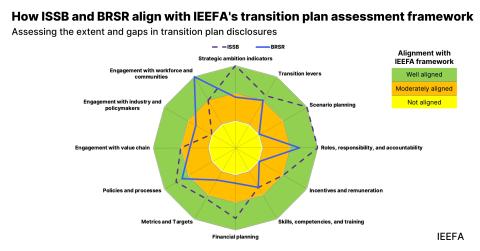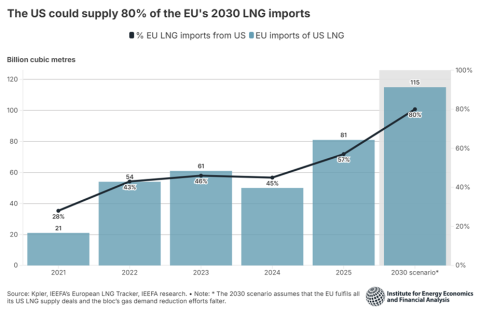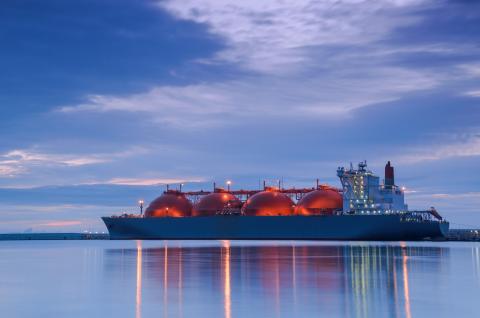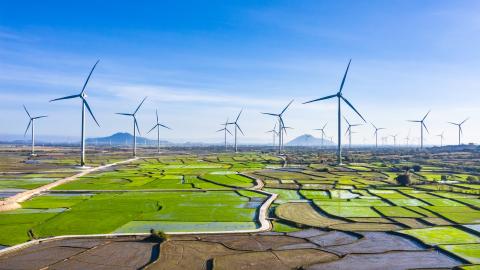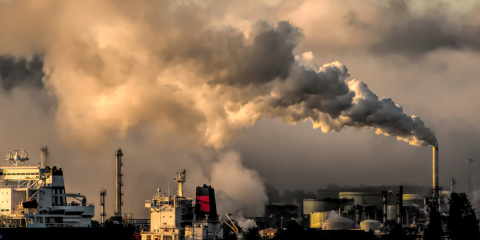Calcasieu Pass LNG: Unreliable operations result in excessive pollution and profits
Download Full Report
View Press Release

Key Findings
Calcasieu Pass LNG, the fledgling project of Venture Global LNG, was built with a modular design approach that shortened construction time but resulted in a lengthy and troubled commissioning process.
The commissioning period, which has been continuing for more than 18 months, has harmed the local community because the project has caused excessive air pollution.
Long-term contract customers (offtakers) for the liquified natural gas (LNG) project have been disadvantaged because during the long commissioning period the LNG can be sold on the higher-priced spot market rather than at contractual rates.
With three other LNG projects in the queue also using modular construction, regulators should ensure that Venture Global bears the risk of its decisions, instead of the community.
Executive Summary
Liquified natural gas (LNG) projects increase greenhouse gas emissions from the upstream extraction and transport of natural gas to the facility and the ultimate market use of the gas, but they can also release harmful pollution.
In the case of Venture Global's Calcasieu Pass LNG project, a design approach intended to reduce construction costs has led to pollution emissions that have resulted in air permit violations and heightened public health risks. At the same time, problems with the project have extended the commissioning period even as the company has launched exports on the spot market.
The lost opportunity for contract-rate profits for the LNG facility's long-term customers is a factor that potential offtakers should consider regarding projects that plan to take a similar approach to construction.
This report explains how the Calcasieu Pass LNG project and also subsequent Venture Global projects following the same construction design pose issues for both community residents and corporate customers.











